Justin Simien exploded onto our screens in 2014 with a film that felt like something Spike Lee would have made... it was about race, the characters broke the fourth wall (spoke to the audience), it centred round blackness and had a very mischevous glee in saying and going to places that most people think but won't verbalize.
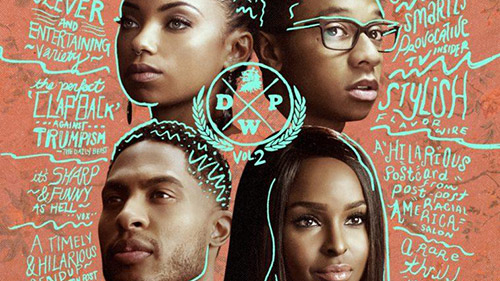
The movie was later adapted into the series, Tessa Thompson moved on to do more movies but some of the cast of the movie came back and Sam White, "the lead", was recast with Logan Browning.
The movie actually benefitted from the adaptation as it was able to explore ideas with more depth. It gave characters longer arcs to develop, which made the series more of an ensemble series a la Orange is the New Black rather than just being centred round Sam's white story and experience.
So does Season 3 continue the magic or does it flounder? Is there anything new the series can tackle that it hasn't already handled?
The previous two seasons dealt with class struggles, gay ostracisation in black communities, the rise of the far right in the US, interracial relationships...the list is endless...so let's dig in to Season 3:
Firstly, the season does not start with fireworks: it's not clear right away what "the big issue" is that the season is tackling.
The characters, like most "woke" students, go through a period of disillusionment at the top end of the series and this is also reflected in the start of the season.
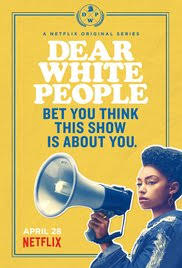
Fortunately that restlessness gets narrative momentum by the time we are half-way through. Everything starts to gel from the ridiculous sub-plot of an illuminati-like black organisation, to the kind of topics one would associate with Dear White People: hero worship in the black community and how it relates to the #Metoo movement as well as dealing with loss and trauma.
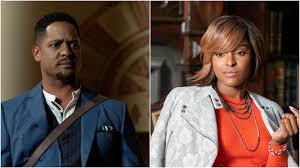
It also exlores sexuality and privilege, while touching on the mundane day-to-day issues like pushing oneself to breaking point all in the name of academic excellence to boyfriends ghosting you. These are all given the same weight as the heady stuff.
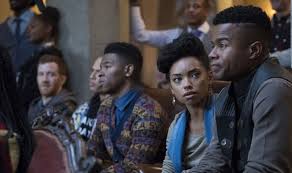
In true Dear White People style the issues are not didactic. Justin Simien and team don't spare no-one from Spike Lee to the show itself with the jabs at our collective blind spots. By the time the season ends one is left wanting more but we are also illuminated.
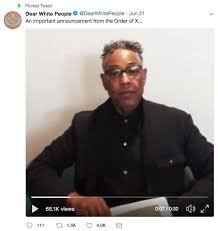
It was clever for the team to bring Giancarlo Esposito (aka the narrator) into the series, Blair Underwood does his thing well and Justin Simien does his first featured cameo as the Tyler Perry like director. Yet, as always, it's the diverse young cast that is the heart of the series.
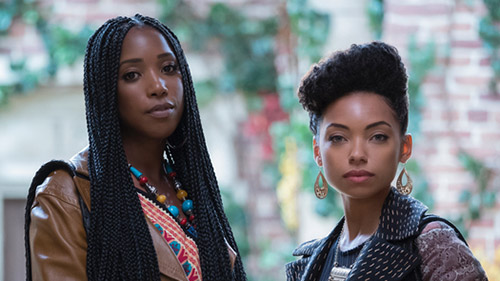
Logan Browning (Sam), Brandon Bell (Troy), DeRon Horton (Lionel), Antoinette Robertson (Coco) and Marque Richardson (Reggie) to mention a few, own their characters and arcs.
Their collective arcs give the series many entry points for different people going through different issues. Plus it's always great to see every shade of blackness shot so beautifully with such nuance and care.
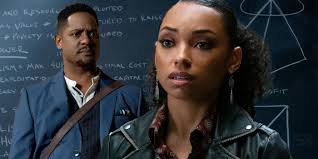
Here's hoping the show gets a Season 4 because it's always touched people on their studios and now it's even touching some black jewels. It will be interesting to see how its core audience reacts.
It's currently available on Netflix.
It Felt Like: Justin Simien is subverting his own work whilst building a third way.
Rating
*****
--------------------------------------------------------------------------------------------------------------------------------------------
* trash ** ja nee ***Ya zama ****Almost perfect *****Classic